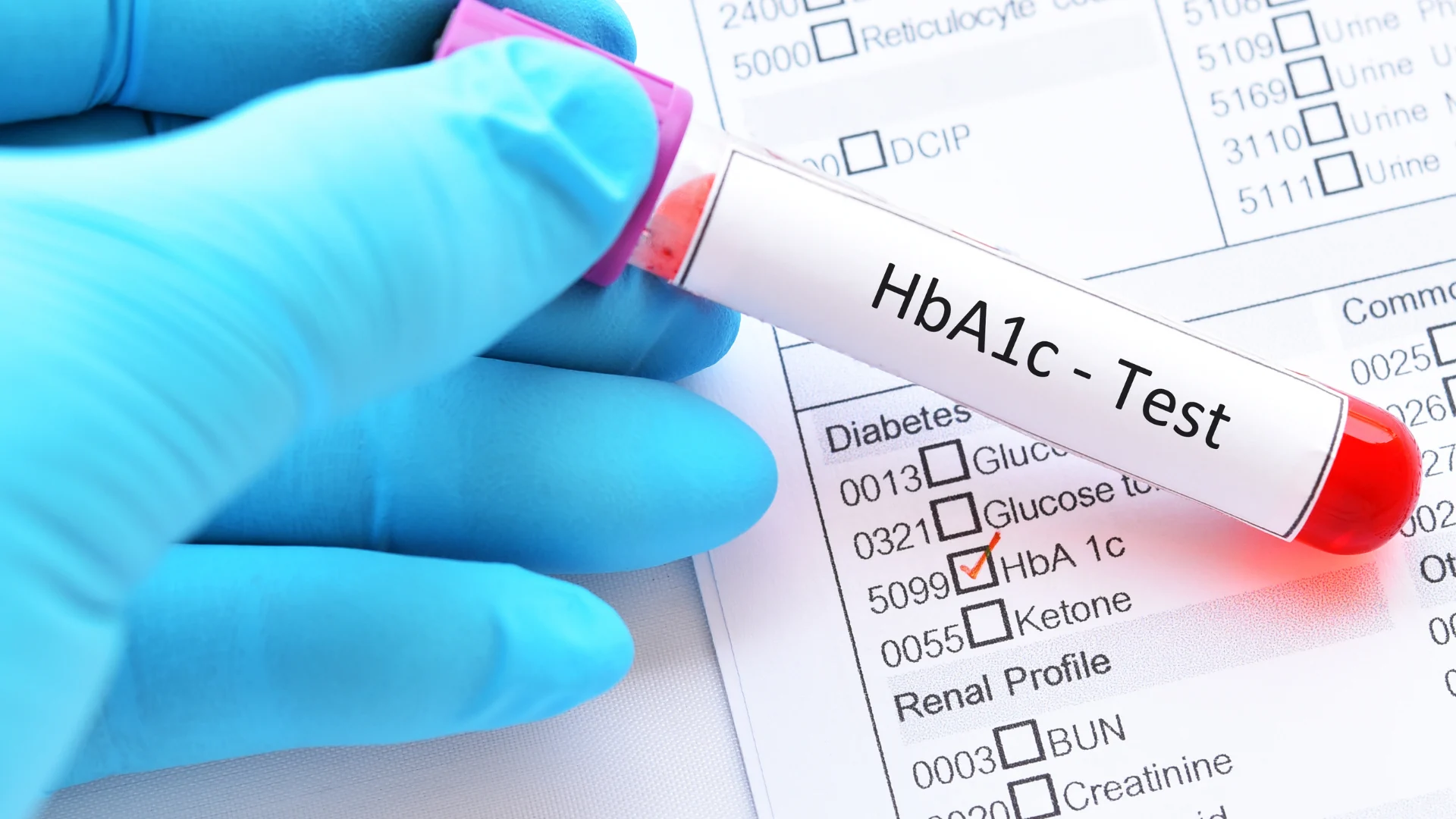
The HbA1c test, also known as the glycated hemoglobin test, measures the average level of blood sugar over the past two to three months. It is a key diagnostic and monitoring tool for diabetes management and helps assess how well blood sugar levels are being controlled over time.
What Is the HbA1c Test? 🔍
Hemoglobin is a protein in red blood cells that carries oxygen throughout your body. When glucose (sugar) attaches to hemoglobin, it forms glycated hemoglobin (HbA1c). The HbA1c test measures the percentage of hemoglobin that is glycated, providing a long-term picture of blood sugar levels.
Why Is the HbA1c Test Important? 🤔
Doctors recommend the HbA1c test for several reasons:
What Can the Test Reveal? 👀
The HbA1c test provides a clear snapshot of your blood sugar control:
For individuals with diabetes, the test is often used to ensure HbA1c levels stay below a target range, typically 7% or lower, depending on personal health goals.
A Reliable Measure of Blood Sugar Control 💡
Unlike daily glucose tests, the HbA1c test offers a long-term perspective, making it a reliable and convenient tool for understanding overall blood sugar trends. It empowers both patients and doctors to make informed decisions about diabetes management and prevention.
Stay ahead of diabetes—book your appointment today for an HbA1c test.
DISCLAIMER: The information presented on this page has been intentionally condensed and simplified to make it accessible and easier to understand for the general audience. Its purpose is solely to provide basic awareness and education on the topic discussed. It is important to note that this content is not exhaustive and does not replace or serve as a substitute for professional medical advice, diagnosis, or treatment. Readers are strongly advised to seek consultations with qualified healthcare professionals or specialists for accurate assessment, personalized guidance, and appropriate medical care. Relying solely on the information provided here, without professional oversight, may lead to misunderstandings or inadequate treatment.
Privacy policy
Copyright ©2025 Klinika Kajo. Designed By Vizional